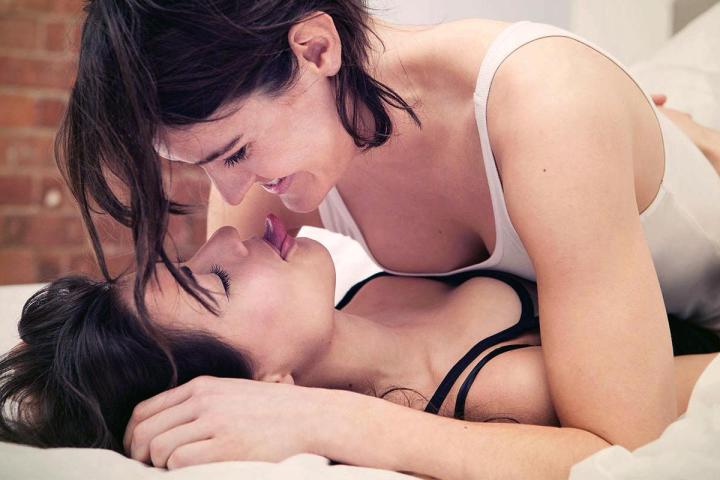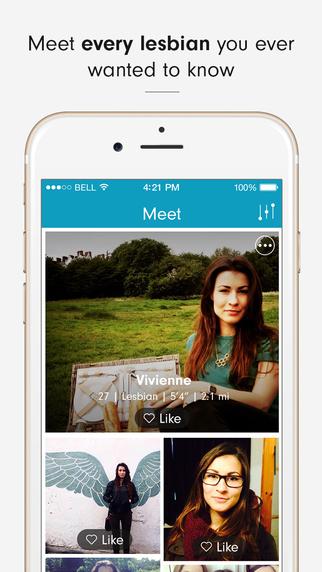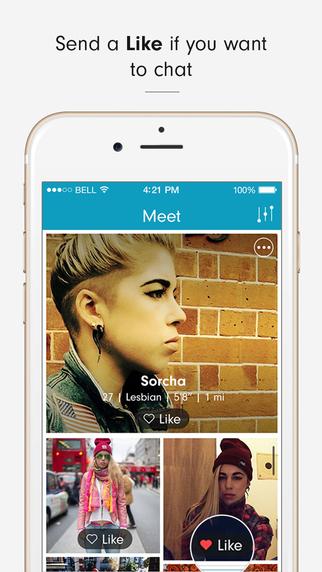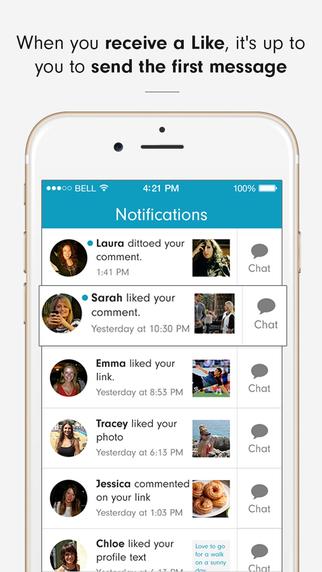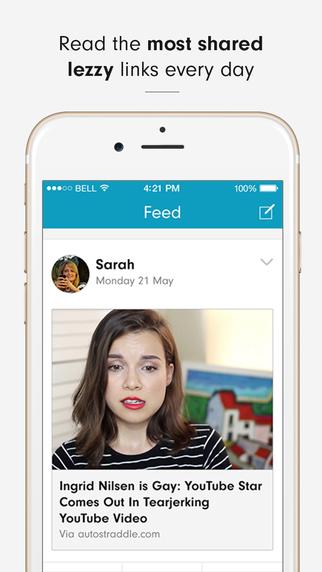Nearly one in four U.S. adults have a diagnosable mental disorder in a given year, and many more experience transient stress symptoms. Therapy and other professional mental health interventions can be crucial to finding appropriate treatment, but many of these services are expensive and inaccessible for people -- especially people of color, low-income families, and remote households.
This is where free (and even paid) mental health apps can help. While not designed to replace therapy, they can be a good supplement to an existing treatment plan and offer helpful exercises for less serious symptoms that may not require continuous professional consultations. But do they really help? We asked people who use them to find out.
Mood and symptom trackers
Take, for instance, Anna Chiranova. Anna has had severe anxiety since her college days. Seven years ago, in search of ways to cope, she found mindfulness meditation which helped her calm down whenever she had an anxiety attack. However, she couldn't focus during any of the guided meditations on YouTube. That’s when she turned to Calm, a “freemium” guided meditation app. The combination of soothing vocals and relaxing sleep music helped her truly unwind, and improved the quality of her sleep over time.
The Sanvello app. Image used with permission by copyright holder
There are many people like Anna who turn to mental health apps when other ways of coping aren’t enough. “These apps can be a helpful addition to your coping toolkit and increase one’s readiness to talk about their mental health before they seek a licensed professional,” says Ariana Alejandra Gibson, CEO and founder of the STIGMA app, a platform working towards normalizing conversations about mental health struggles.
Apps like STIGMA offer people a safe space when a therapist isn’t available. For example, in-between appointments, during a moment of crisis, or if you’re just having mild mood fluctuations that don’t necessitate booking a therapy appointment. That’s where mood and symptom trackers can help.
"These can help people learn to examine their patterns of thinking, feeling, and/or acting by serving as a way to track patterns that we all fall into,” says Heidi Kar, a licensed clinical psychologist and principal advisor on Mental Health, Trauma, and Violence Initiatives at the Education Development Center (EDC).
A therapist can examine this data during a session or even guide users to do this themselves. Consistently tracking mood and symptoms this way can help people understand what triggers them and how to prevent relapse. Some apps, like Sanvello, make this easier by giving you access to your medical history, tracking symptoms and triggers, and creating daily or weekly visual graphs. This is what Theola Tinny told us, who regularly uses the app to manage anxiety.
It really helped me see the ups and downs of my mood
Mental health tracking apps can also help gain insight and awareness about how mood fluctuations affect everyday life. “I used Daylio when I first started going to therapy, and it really helped me see the ups and downs of my mood,” says Thomas Vibe, an interior designer who uses the app to manage depression. “By using the app, I got better at recognizing that I will have periods where I feel worse and that, eventually, I will feel better.”
Connection and a sense of belonging
Call it venting, thinking out loud, or expressing your feelings, talking about your emotional experiences can be helpful during rough times. While therapists are trained to offer this kind of support, a growing number of mental health apps are using volunteer listeners or “peer counselors” to lend an empathetic ear to people in need.
The 7 Cups app. Image used with permission by copyright holder
Take the 7 Cups app, a platform with over 160,000 listeners from 189 countries providing support in 140 languages. While 7 Cups also offers paid therapy, more people are drawn to the free chat option that connects them with volunteer listeners who have experienced similar problems.
“I'm a firm believer in talking things out rather than keeping them bottled up inside,” says Ravi Davda, a marketing professional who regularly uses the app. “But sometimes I just want to be behind my laptop and speak to someone via text.”
That’s where apps like 7 Cups, HearMe, and BlahTherapy help. They offer free, anonymous chats to people who just need to talk things through. Alternatively, meditation apps offer a wide range of features that can be helpful for people experiencing a variety of mental health conditions. This is especially true for people who perhaps don't feel the need to speak to someone.
Apps like Calm, Headspace, Simple Habit, Insight Timer, and Shine offer free and paid meditations of varying lengths, designed for different purposes like improving focus, increasing mindfulness, feeling grateful, promoting relaxation, managing anxiety, and more. Many also offer guided sleep meditations or relaxation music to help with insomnia.
Mental health apps can’t replace therapy
Mental health apps can be a great resource to help guide people through a tough time, but experts warn they can’t replace professional mental health care.
